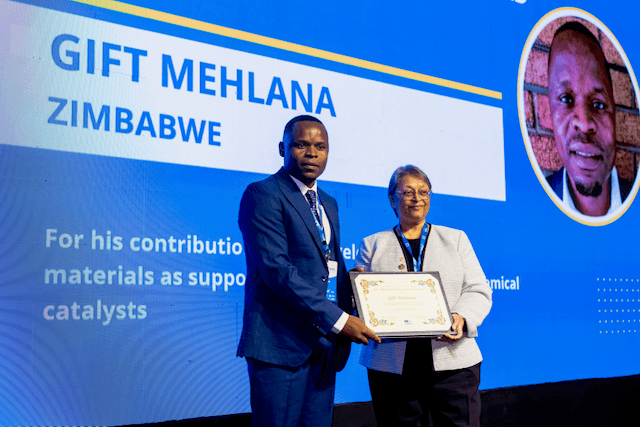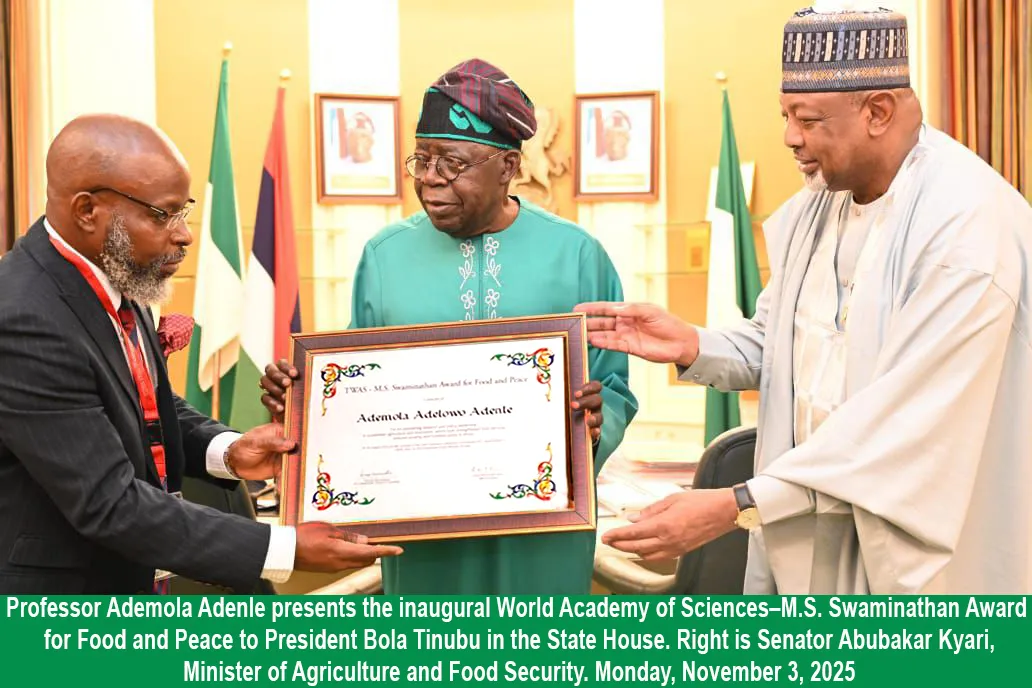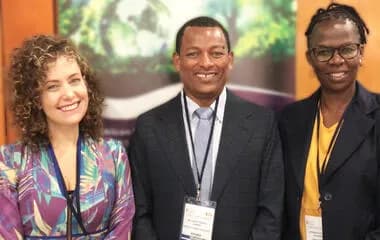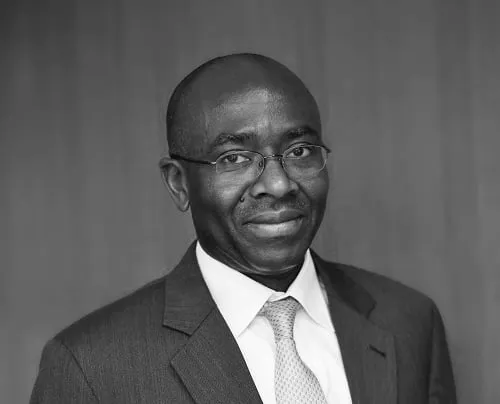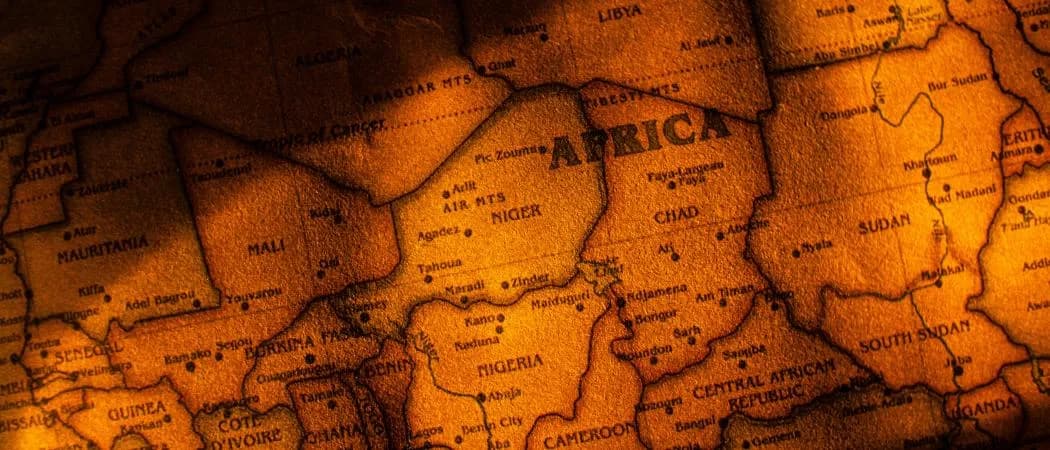News
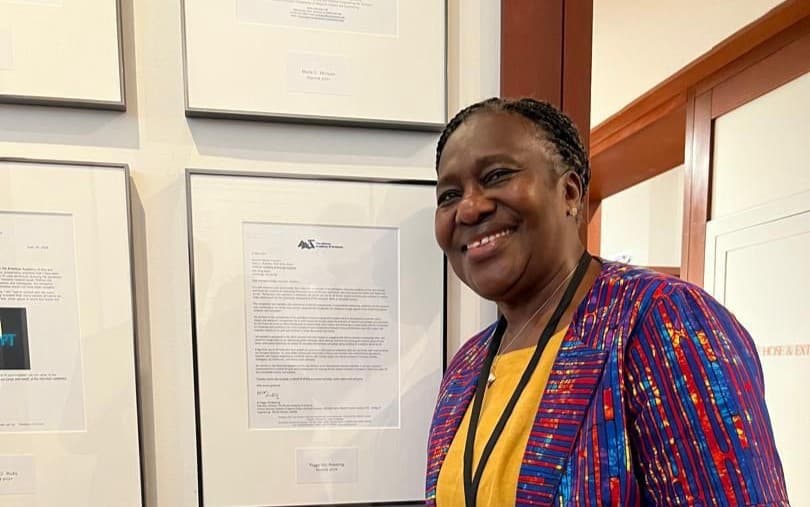
The African Academy of Sciences (AAS) is proud to announce that Dr Peggy Oti-Boateng, Executive Director of AAS, has been elected as an International Honorary Member of the American Academy of Arts and Sciences. This prestigious honour recognizes Dr Oti-Boateng’s significant contributions to science, technology, and innovation (STI) and her leadership in advancing sustainable development across Africa.
Founded in 1780, the American Academy of Arts and Sciences is one of the most esteemed honorary societies, bringing together leaders from all fields of human endeavour to address critical issues that impact both the nation and the world. Dr Oti-Boateng’s election to this distinguished group reflects her unwavering commitment to leveraging Science Technology and Innovation for the advancement of society and her profound impact on scientific policies and capacity building throughout Africa.
Speaking on her election, Dr Oti-Boateng expressed her gratitude for the recognition: “I am deeply honoured to be elected to the American Academy of Arts and Sciences. This recognition is not just for me, but for the entire African scientific community, which is making incredible strides in using science to drive progress. The collaboration between African and American scientists is critical, and together, we can create a better, more prosperous world.”
As an International Honorary Member, Dr Oti-Boateng joins a historic lineage of globally renowned figures, including Albert Einstein, Nelson Mandela, and Mary Leakey, who have shaped and influenced science, society, and global governance.
Strengthening African American Scientific Collaboration
Dr Oti-Boateng’s election into the American Academy of Arts and Sciences highlights the growing importance of scientific collaboration between African and American scientists. Both regions are faced with pressing global challenges such as climate change, public health crises, food security, and socio-economic inequalities. To address these challenges, science must be collaborative, inclusive, and focused on shared solutions.
Through partnerships such as the African Post-Doctoral Training Initiative (APTI) and the African Research Initiative for Scientific Excellence (ARISE), which Dr Oti-Boateng has championed, African and American researchers have already begun to foster groundbreaking research and innovation. These initiatives are critical for building the capacity of early-career researchers and expanding the knowledge base necessary for tackling global challenges.
“Collaboration between the African Academy of Sciences and institutions such as the American Academy of Arts and Sciences serves to strengthen the bonds between Africa and the global scientific community. These partnerships not only promote scientific excellence but also ensure that research outputs contribute to the prosperity and well-being of all societies, both in Africa and beyond” commented Dr Oti-Boateng.
Dr Oti-Boateng’s remarkable career, which spans over 40 years, has been driven by a vision of harnessing the power of STI for sustainable development. At UNESCO, she spearheaded global initiatives such as the UNESCO Recommendation on Open Science and the UNESCO-L’Oreal For Women in Science program. At AAS, she continues to advocate for policies that elevate African research and innovation, ensuring Africa’s scientists are at the forefront of addressing the world’s most pressing challenges.
